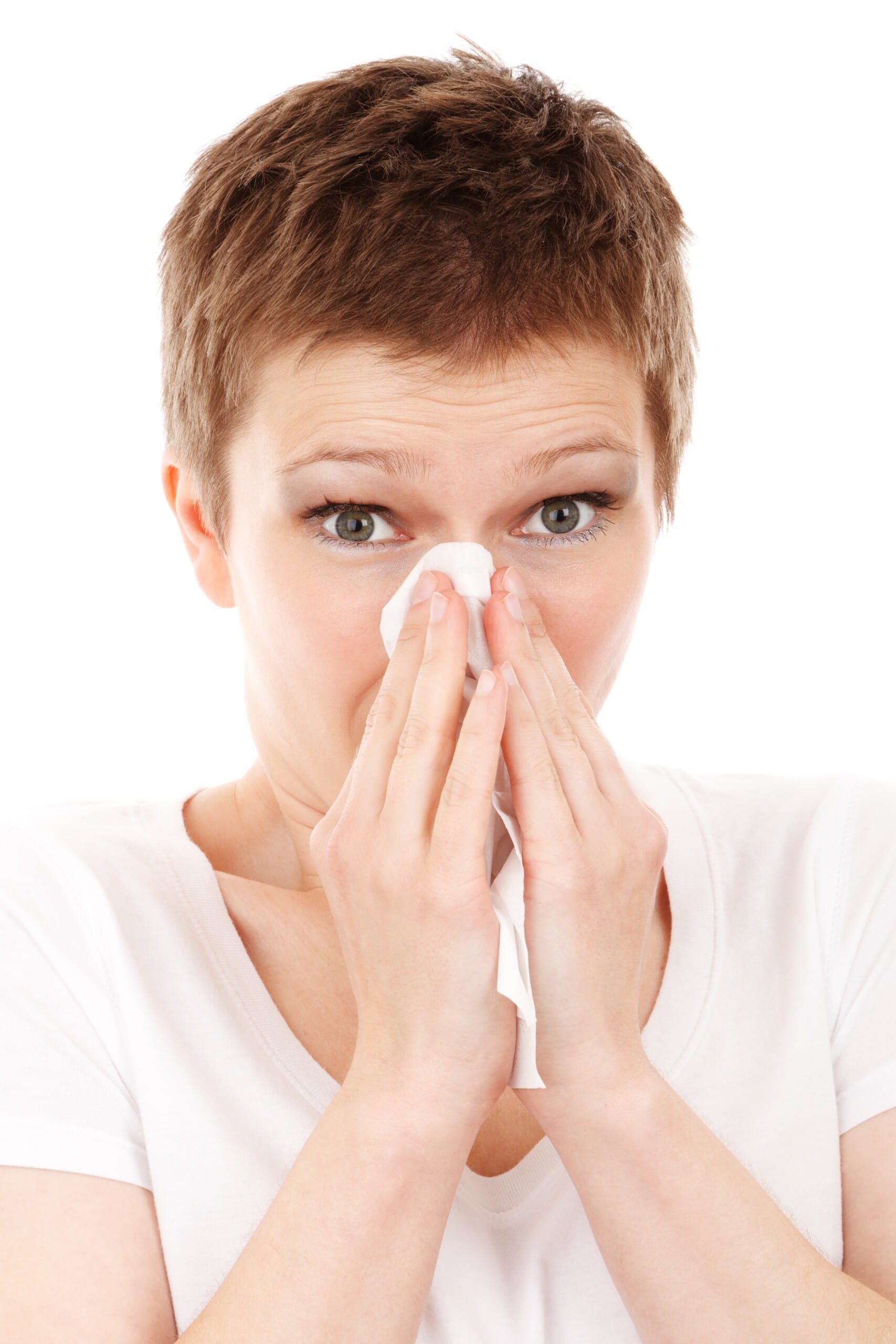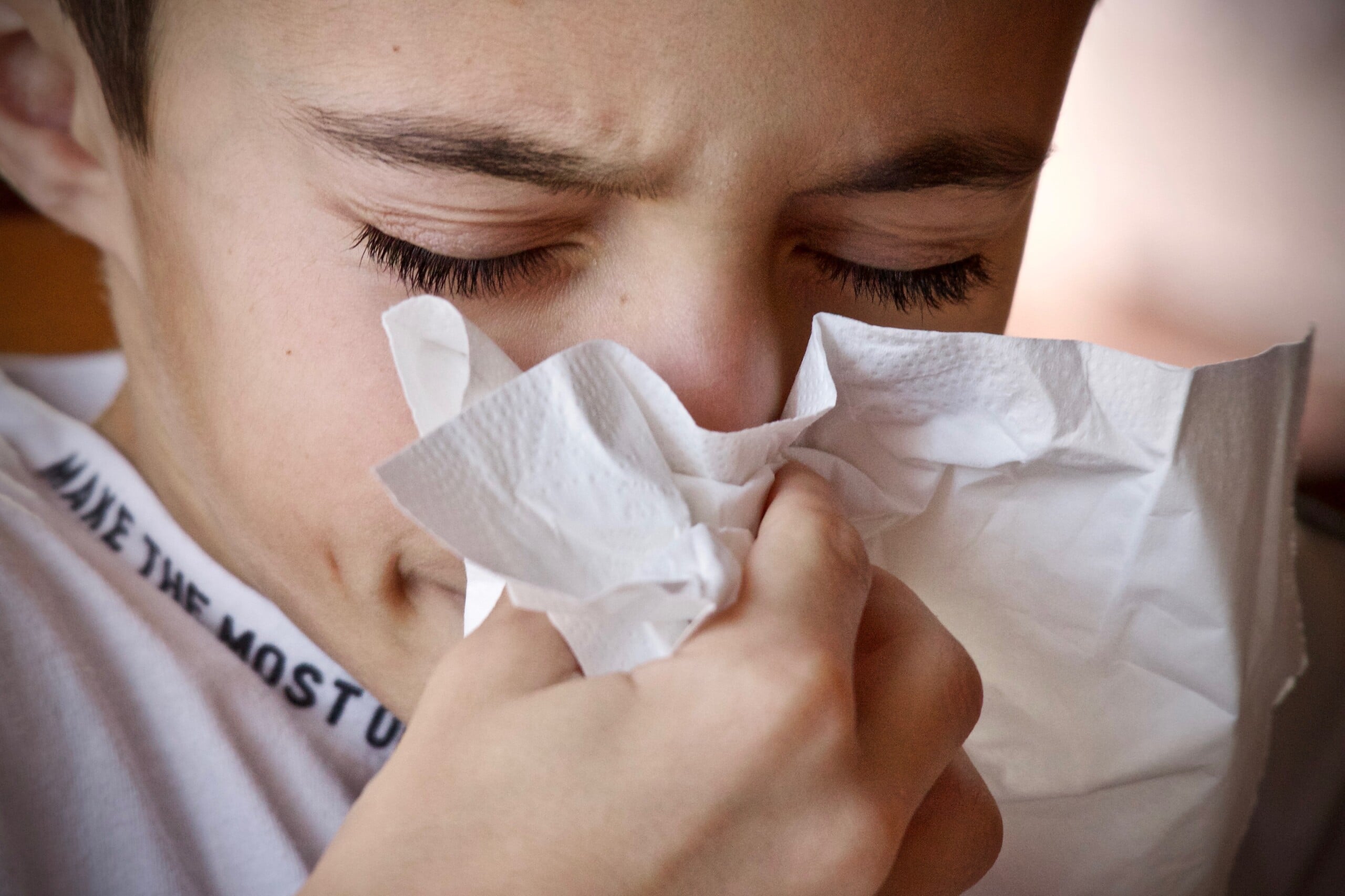Table of Contents
When To Worry About A Nosebleed- Know Everything!
Are you having frequent nosebleeds and When To Worry About A Nosebleed? Although, it is not a highly serious condition in adults, sometimes it may get be scary especially when it happens to a child. Let’s discuss more nosebleeds and When To Worry About A Nosebleed if your kid has nosebleeds.
Nosebleeds are comparatively common than other diseases and happen when there is specific damage to any blood vessel within the nose. They are not usually a matter of concern or stress unless the bleeding becomes persistent, steadfast, or severe.
But nosebleeds can sometimes appear out of nowhere, such nosebleeds are not something you should be concerned about as they resolve within a few hours using home remedies and care.
Nosebleeds are pretty common in adults ad children, but some may be more severe than the rest in which you may need to visit a doctor for a diagnosis.
Here’s a look at some of the common causes of nosebleeds and the different ways one can manage them at home. You will also know when to worry about a nosebleed by reading the article completely.
What are nosebleeds?

A nosebleed, also called epistaxis, implies bleeding from your nose typically after damage to the blood vessels in your nasal passage.
Depending upon the region where damage inside the tissues has occurred, the nosebleeds are categorized into different types by the doctors, These are anterior and posterior nosebleeds. Anterior are more common types and posterior are less common but need medical treatment.
Nosebleeds are more prevalent in children and few older adults but are not normally an indication of a health predicament. They are also regular in people having a history of bleeding diseases, genetic bleeding ailments, those who have taken a few blood-thinning medicines for the treatment of other diseases, and those people who take medicines through their nose.
When to worry about a nosebleed
Most people will have nosebleeds at least once in their lifetime while some may have more. In most cases, a few minutes of self-care will cure the nosebleeds while others might have a tough time. Nosebleeds do have symptoms that warn you to worry about them visit a doctor immediately.
While roughly 60% of people encounter a nosebleed at some period, only 10% of the reported cases are serious enough to need medical attention.
When to worry about a nosebleed in children
Seeing your baby have nosebleeds can be troublesome and you may get panicked. You must keep in mind that nosebleeds are quite common in children. This does not mean one should totally ignore them, you just have to keep your calm.
Some nosebleeds are quite minor and you will see blood running or dripping through your child’s nose. Bleeding may occur from either one or both nostrils at the same time. You can follow some home care tips immediately to stop this bleeding in children.
If the following circumstances are causing the bleeding from the nose in your child, you must talk to your doctor immediately:
- There is something stuck in the child’s nose.
- The nosebleed does not stop even after 20 minutes of applying direct pressure, particularly if your baby has an injury to the head or face. Severe injuries can affect the child’s nose or skull.
- You notice some other symptoms in your child along with nosebleeds like headache, dizziness, vomiting, trouble breathing, or tiredness. These conditions include loss of too much blood, or blood running down the child’s throat.
When to worry about a nosebleed in adults

Even you are quite used to getting frequent nosebleeds as an adult, there are a few symptoms you should not neglect. These include:
- Same as a child, contact your healthcare provider if the nosebleeds do not stop even after 20 minutes of applying direct pressure, or if you have lost a lot of blood (nearly a cup or more than a cup).
- A serious injury inside the head or on the face causing the nosebleeds also need immediate medical attention.
- You must talk to a doctor if you experience any trouble breathing or have vomiting due to blood running down the throat or gagging.
- If you notice from other parts of the body too like rectum or ears. This could be a sign of internal bleeding, blood vessel disorders, or blood clotting problems.
Both children and adults must be examined by a doctor immediately in case they face frequent nosebleeds even if they are minor. This could be a sign of ongoing issues within the nose, perhaps nasal polyps or nasal growth.
If you have lost a lot of blood due to bleeds, do not drive yourself to the hospital or clinic, instead, have your relatives or friends take you. You can also contact 911 and let them know about the emergency.
What are the causes of nosebleeds?
Do not panic if your child or you have a nosebleed as you already know when to worry about a nosebleed. Minor nosebleeds may be triggered by several things. These include:
- high altitudes
- chemical irritants
- blood-thinning medicines
- Pregnancy
- Stress
- Deviated septum
- Using too many nasal sprays
- Blowing the nose too hard.
- Common cold, allergies, sinusitis.
- Dry air
- Minor injuries to the nose
Now that you know when to worry about a nosebleed, here is a look at some ways you can use to stop them.
Best ways to treat minor nosebleeds at-home
Here’s a glimpse at several self-care suggestions to manage the irregular nosebleed in grown-ups and children. This will help you know when to worry about a nosebleed as if it does not stop following these things, you have to visit a doctor.
- Use any wet washcloth. Do not put gauze or tissue in your nostril, or a child’s nostril. Rather, hold a wet washcloth covering the nose gently to help absorb all the blood.
- Pinch the nose for 5 minutes. Tenderly squeeze the flexible and soft part of the nose for at least 5 minutes and do not let it go in between. The force on your nasal septum can hold and stop the blood flow. Redo as required for up to 15 minutes.
- Use cold therapy. Implementing a cold compress to the septum or bridge of the nose serves to constrict the blood vessels inside the nose, which can, in turn, prevent bleeding.
- Remain upright. Remaining in an upright posture promotes blood drain from the nose, and stops it from dropping down the throat in severe cases. Blood dripping downwards your throat can induce vomiting and nausea.
- Blow the nose gently once. The aforementioned helps to eliminate any blood clots present or accumulated within your nostrils.
- Surgery- If all the other approaches used by the doctors in clinics fail to treat the issue, surgical procedures like blocking the blood vessels or typing of the vessels can be helpful in treatment.
- Ointments, Gels, Sprays, or Drops– Lubricating agents like these can help keep the passage moist, while the sprays can tighten the blood vessels inside the nose.
If the nosebleeds are highly severe, or frequent, the doctors might recommend some other treatments. These comprise of:
- The usage of a cauterization procedure to block a bleeding blood vessel.
- adjusting the blood-thinning medication if you take any.
- surgically fixing a deviated septum
Here are some best ways to prevent nosebleeds
If you or your baby is having nosebleeds, perhaps as a result of allergies, sinusitis, or some other known conditions- few tips to decrease the frequency of such bleeds include:
- Using saline drops to keep the nasal passage slightly moist as directed.
- Using a humidifier if the allergies or cold results in nosebleeds.
- Do not blow the nose extremely hard as it may cause pain.
- If possible, quit smoking as it dries the nostrils and irritates the nasal passage.
- Discourage nose picking and trim the child’s fingernails.
- When playing several sports, make sure to wear headgears.
- Open your mouth when you sneeze to prevent any injuries t the blood vessels within the nose.
The Bottom Line
A nosebleed may seem much more harmful than it really is, but few bleeds are a reason for concern, this is why you should know when to worry about a nosebleed.
Whether it occurs to you or your baby, take urgent steps to treat it at home. Maximum nosebleeds will end after a few minutes. But if the flowing of blood resumes or you encounter other signs or symptoms, call or see your doctor.
Nosebleeds may be further severe in people having bleeding disorders, people who consume blood-thinning medicines, and those people who take medicines through their noses. Seek medical consideration if the bleeding is critical or persistent.
Now you might have understood when to worry about a nosebleed and what are the steps you can take to treat it at home. You must visit a doctor immediately if it is persistent.

